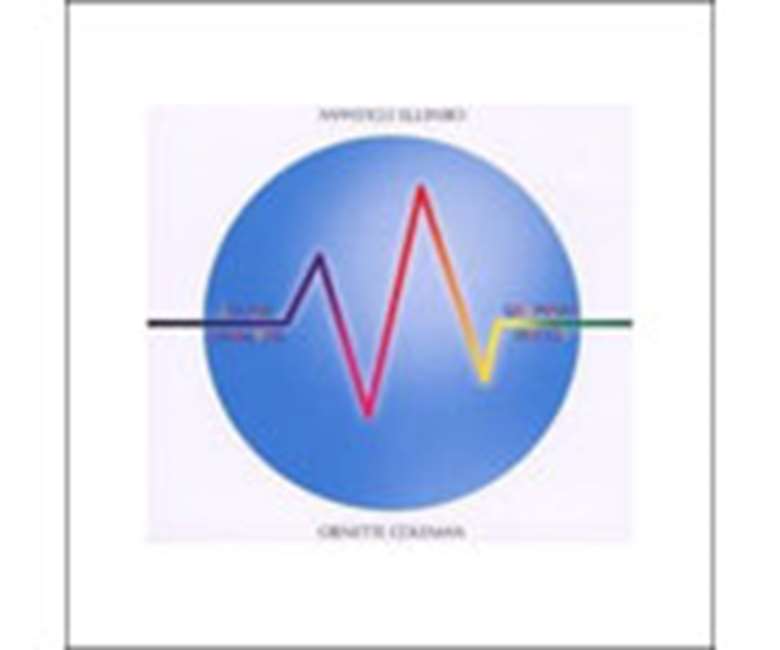Ornette Coleman - Sound Grammar
Wednesday, January 3, 2007
Abeille/Sound Grammar SG01 | ***Coleman (as), Greg Cohen, Tony Falanga (b) and Denardo Coleman (d). Rec. 2005

When asked why he had re-recorded some of his old songs on Footprints Live!, Wayne Shorter said: “A song is like a person, it continues to grow.” It might be safe to assume that Coleman, whose left-handed humour and philosophical bent strike a clear parallel with the other aforementioned great, is thinking along the same lines.
Here on this live set captured during a European tour last year, renditions of signature pieces that span a few decades in his discography – from ‘Turnaround’ to ‘Song X’ – have a character that is decidedly different from their original incarnations. It’s almost as if Coleman has both grown into and out of them, drawing both a familiar and unfamiliar resonance from the source. ‘Turnaround’ is still as cheekily jaunty as ever but the density of the two basses and the funky snap of Denardo’s drumming add great brawn to the hyperactive brain of the original. As for ‘Song X’ sans messieurs Metheny, DeJohnette and Haden it is a strange and beautiful beast caught somewhere between the liquid harmonic and metric vocabulary of Coleman’s classic acoustic quartet and the percussive pummelling of his Afro-eastern orchestra on Dancing In Your Head. But perhaps the real gem here is ‘Sleep Talking’, a re-invention of ‘Sleep Talk’, the opening piece from the little-fancied Prime Time album, Of Human Feelings.
Without the chassis of Jamaladeen Tacuma’s bass and the twin engine of Bern Nix and Charles Ellerbee’s guitars, the vehicle slows up and acquires a kind of saturnine poise not dissimilar to ‘Lonely Woman’. It’s Ornette in dream state. It’s bewitching primarily because the leader himself still has tremendous guile in his playing; his tonal strength and phrasal trickery remain undiminished and indeed he may be even more melodic now. Also of interest is the manifestation of Coleman’s influence on the bass players who seem to have adopted some of his phrasing, none more so than in their arco work that sounds uncannily like the leader’s buzz-saw approach to the violin. All of which provides a resonant consolidation of the enormous stature of one of the great iconoclasts of modern music, a man still concerned with the shape of jazz to come.
Kevin Le Gendre